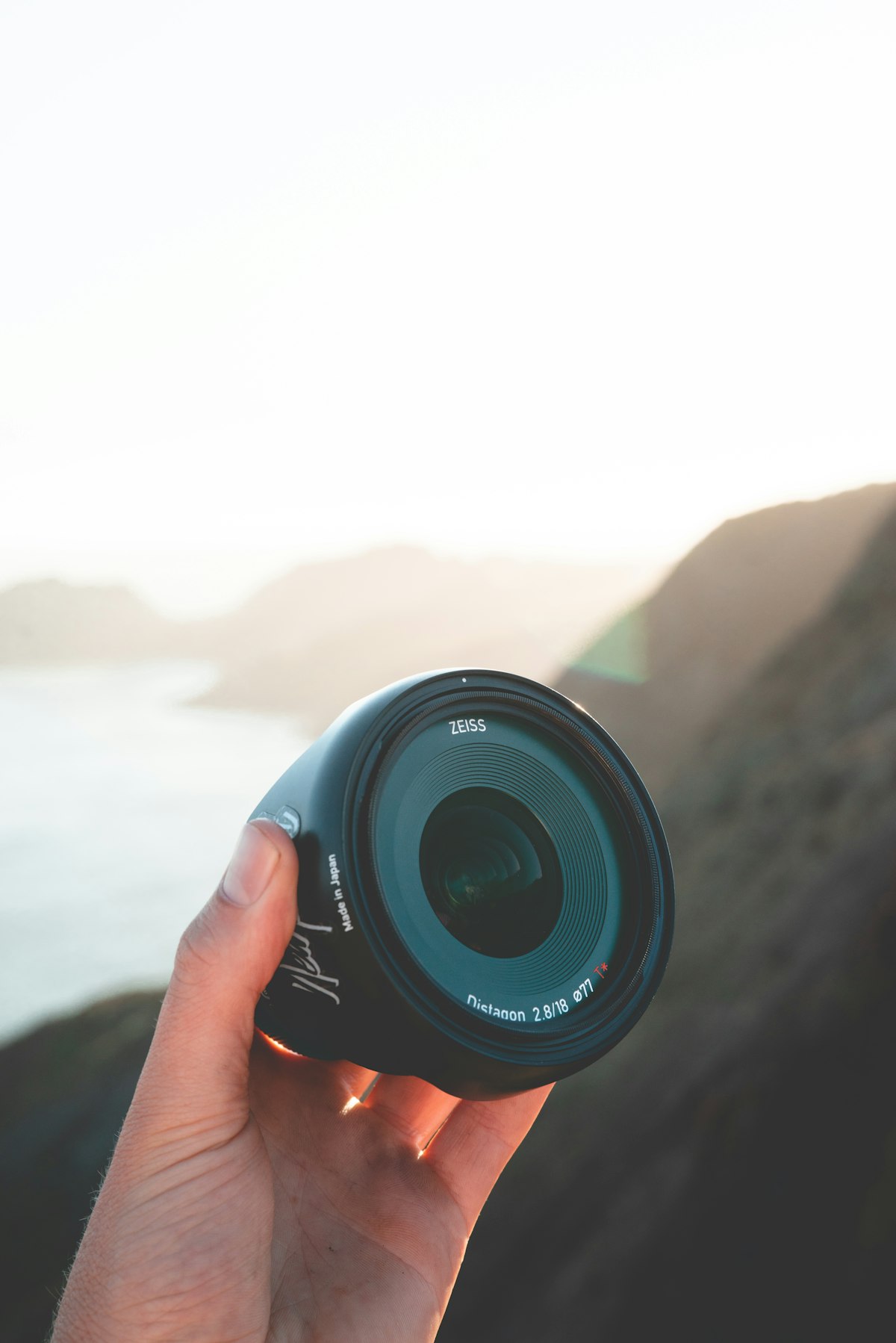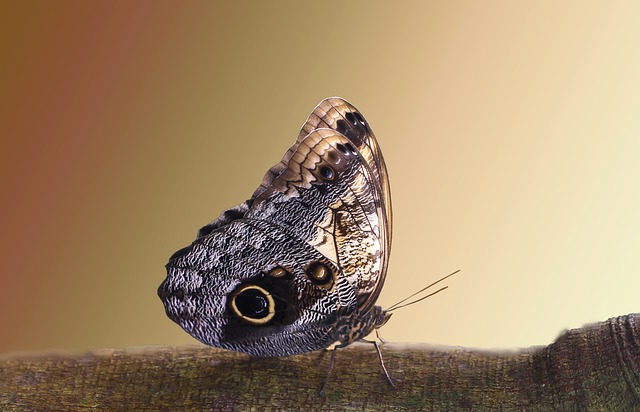
Do you just feel like a crappie fisherman? Are you always carping about your fishing failures? If the fish you attempt to catch are thumbing their noses at you, the time has come for you to find out how to improve as a fisherman. Continue reading for some great fishing techniques.
If you are fishing from a boat, be sure to dry the deck of the boat as much as you can before casting your line. Slips and falls can quickly put an end to the perfect fishing trip. It is even more dangerous when one considers the number of hooks and sharp objects around. The easiest way to dry the boat’s deck is by using a towel.
To do well catching fish, you must start out with sharp hooks. Carefully run the hook across your fingernail. Ideally, it should leave a light scratch mark. If the hook does not scratch your fingernail, either take the time to sharpen it or use a different hook.
If you’d like to fish regularly, it’s crucial that you keep your hooks sharp. A hook is considered suitable when it drags across a fingernail and leaves a scratch. Otherwise, sharpen or replace it before you continue fishing.
Weather should be taken into account prior to leaving on a fishing trip. Heading out when there is a chance of storms is a good way to court disappointment. Take a look at the weather report to put yourself in the best position for your fishing excursion.
Know your boat’s weight capacity when you go fishing. A fun fishing trip can go awry quick if your boat sinks. Always give yourself a margin of error when it comes to weight.
You should wet your hands prior to handling a fish. If your hands are wet, the fish’s skin won’t get dehydrated. Wetting your hands is especially important for catch-and-release fishing, when you should take the most care in returning the fish safely to the water.
You are likely to reel in the largest number of fish if you use natural bait that is alive. Insects living near the water usually become fish food. If the creature you use as bait can be caught near the edge of the water, fish will be much more likely to take a bite. Expensive lures tend to be more flash than function.
Make sure you are cognizant of local fishing laws before you go fishing. Regulations are varied and can apply to certain bodies of water, specific fish species and changing seasons. Contact the local government to find out the rules and regulations of the area.
Grubs make a very good bait for bass fishing. These mini lures can result in some trophy fish. They are great for small-mouth and large-mouth bass. This type of bait works particularly well for fishing in open highland reservoirs.
Making live bait more attractive to fish is as simple as making them fatter the night before your trip. Simply place a handful of worms on a flat container inside the refrigerator and remove them the next morning. The extra humidity and cooler temperature will plump them up a bit.
Make sure your hands are very wet before you make a final attempt to reel in a fish. This will help to keep your fish healthy by preventing their skin from drying out when you touch them. This is particularly helpful if you practice catch and release.
Hook Correctly
You might be discouraged and irritated when it comes to fishing in places that have lots of plants and weeds around. While these things may be an annoyance and cause your line to sang, fish love to feed on the bugs that hang around this vegetation and it is likely you will catch more fish there.
It is essential that anyone who fishes understands how to set the hook correctly. A hook that is done quickly is important when you’re fishing, particularly when you’re fishing with lures. If you do not set the hook correctly, you are more likely to lose the fish.
When you fish, pay attention to the wind. Fish will normally be located in the current on a windy day. The normal technique is to cast into the wind. Having said this, if you discover the wind is extremely powerful, then the fish will likely remain near the lake’s bottom so that you are unable to reach them.
Make sure that you check the weather of the area you plan on fishing at. If you don’t know what’s coming, you might get a bad surprise. Things could turn dangerous if an unexpected storm pops up. Always be careful and check the forecast before ever going out fishing.
Releasing fish is very common practice, however, a fisherman must be careful not to harm the fish by over-handling them before releasing them back into the water. Fighting with the fish will wear it out or severely injure it. To avoid killing the fish that you want to catch and release, if you have a problem reeling in the fish, just release it instead.
Excellent weather can often make the difference between having a fantastic fishing adventure or a horrible experience. It is important to note the forecast prior to any fishing trip. Check the weather often in the days leading up to your outing. Don’t be fearful to change your fishing trip if the local weather isn’t optimal.
When you have hooked a big fish and it is trying to get away, do not panic. Do not reel in fish swimming away from you. Don’t exert too much pressure; let the drag created by the force of your rod do the heavy lifting. As soon as the fish is hooked, start setting your drag. Hold your fishing pole at a 45-degree angle and aim it at the fish.
If you are struggling to reel in a fish, watch how it moves. Eventually, your fish will just lose energy and roll to its side. When this happens, it means that your fish is tired, and it’s time for you to reel it in. Don’t start pulling the line before it rolls to its side.
Learn the proper way to clean the fish. You need a good but small knife, and a sturdy table to cut the fish on. After scaling the fish (if necessary) and lying it on the board, your first cut should start at the tail of the fish, running up its belly to its neck. Then, cut the fish’s head, and pull on it as you pull its organs in the opposite direction. This will leave you a cleaned fish open and ready for filleting.
If you don’t have the patience to sit still in one place and wait for fish to bite, move from one spot to another about once an hour. Not only will you be able to enjoy various scenery, but this will keep your mind active. Maybe you will find the perfect fishing hot spot.
When netting a fish from your line, get the head in the net first for the most control. Netting fish tail first can sometimes cause your line to snap, as the fish may get spooked and go on a different run.
When you are first starting out learning how to fish, don’t bother buying expensive gear. Buying an expensive rod is a mistake if you are only learning to fish. Begin with a reasonably priced, basic rod. You can always invest in an upgraded model later after you are sure that you really enjoy fishing.
To get the most out of your fishing experience, make sure that you are using the appropriate rod and reel for the species of fish that you are after. Walleye prefer spinner rigs, while other fish may prefer live bait.
Bug Spray
An alternative to throwing away the organs, tails and heads of the fish you caught is to bury them. If you own digging pets, however, find another solution to this.
Bring bug spray. When you go fishing, know that there will be lots of bugs and insects like mosquitoes. Therefore, you should choose a bug spray that will help mask your presence from mosquitoes. If you don’t get some bug spray, you may find yourself overtaken by mosquitoes. Being attacked by bugs will turn a great day of fishing into a miserable experience quickly.
If you use three or four hooks beneath your bobber, you’ll be better able to catch perch. Because fish swim together in groups, by attaching multiple hooks, you may be able to catch multiple fish at the same time. You should use the same technique with Bluegills.
Keep your line in the water at all times. You might be surprised at the amount of time wasted while changing lures and untangling knots. The only chance you have of catching fish is if you actually have a line out.
When you are fishing on a boat, always be careful, even though there is the temptation of reaching good fishing areas. Be sure to keep safety in mind when in a boat. Always keep your life vest on, keep extra oars stored in the boat and be mindful of the weather since conditions can change rapidly.
With the insight and ideas from this article, you are one step closer to landing an impressive catch. Everything you’ve learned here will allow you to catch the biggest fish with relative ease, so don’t forget.
If you are fishing with children, choose equipment specially tailored to their small size. A rod that is too large can prevent a child from catching a fish.
These days, everyone wants to know about the world of Gopro Accessories,natural latex pillow
Hospital mattress protector
encasement mattress protector, but not everyone knows where to turn for the right information. Thankfully, you came to the right place to help you get started with the learning process. You do, however, need to apply what you’ve learned to realize any benefit from this article.

















